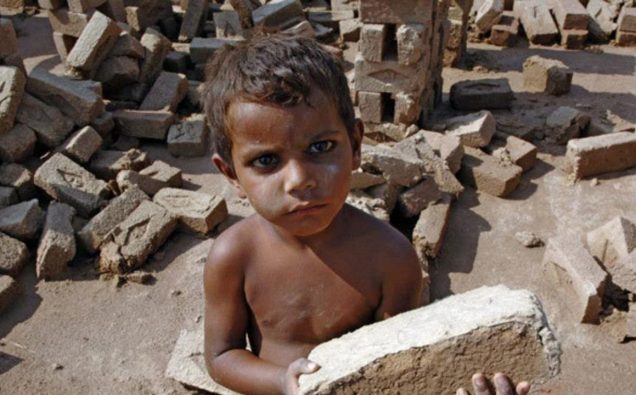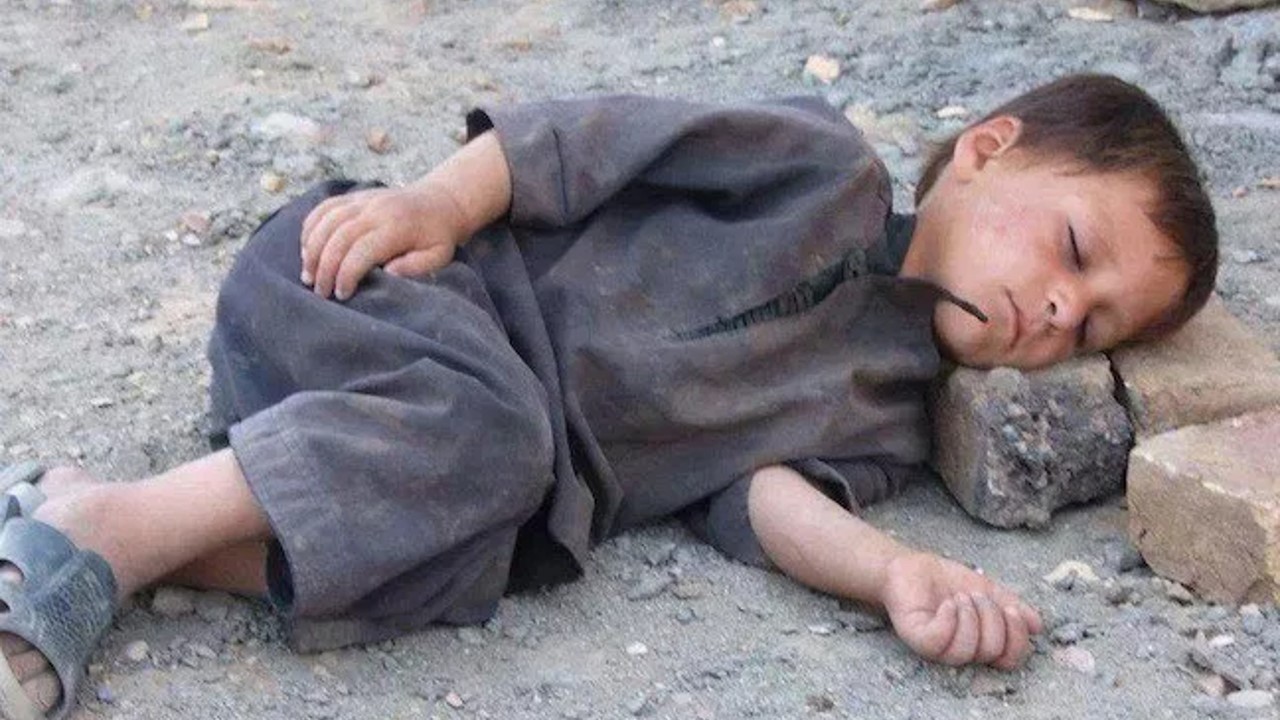
In a polarized polity, elections can splinter the nation, sharpen factionalism, and even erode foundations of nationhood.
The December 1970 elections were a catalyst to the breakup of united Pakistan. The beneficiaries, in effect, hailed the vivisection and welcomed a ‘new’ Pakistan. Would an amputee call himself a new man in the aftermath of his amputation? The demons of 1971 remain to be exorcised and still lurk furtively inside.
The over-clever call for early elections in March 1977 proved disastrous and precipitated the sorry spectacle of a prime minister being put through the grinder and hanged, to the joyful relief of his rivals.
In its immediate aftermath, I wrote a widely disseminated critique of the trial and execution for the leading New York-based WorldView journal, which was translated for Nawa-i-Waqt by Professor Waris Mir (father of Hamid Mir). In 1981, I was fortunate to be amongst the tiny few in the Muslim community to have passed the rigorous Washington, DC Bar, which qualified practice there as an attorney-at-law.
I had then met and had a long lunch with Justice Safdar Ali Shah – dissenting member of the Pakistan Supreme Court that heard Bhutto’s case and upheld the Lahore High Court’s guilty ruling – at Washington’s Shezan Restaurant. The conversation made one reassess the concept of judicial independence, and not to ever view it through rose-tinted lenses. Subsequently, I also met the upstanding Justice Afzal Cheema, also in Washington, who told me that Justice Maulvi Mushtaq, the presiding judge of the Lahore High Court, which adjudged Bhutto guilty, should have recused himself because of a perceived animus. I had predicted in my WorldView article that wounds would fester and repercussions would continue to reverberate.
In international cricket, it took a lot of heart-burning and acrimony before neutral umpires were installed. A leading 1924 English court decision stated: “justice should not only be done, but should manifestly and undoubtedly be seen to be done.” The appearance of impropriety is a dagger pointing at the rule of law.
Trump is packing US courts with his favored judges, his selections swayed not by the impeccable credentials of the jurists for juridical impartiality but more because of their right-wing ideological slant.
Reverting to the 2008 Pakistan elections, its principal beneficiary became the head of state – one who evoked near unanimous disdain from Karachi to Khyber. Yet, under the hijab of so-called democracy, he became the “Supreme Commander of the Armed Forces.”
Adding to the toxic brew, which is retarding the growth of coherent nationhood, has been the unleashing of a free media, in the shape of 100 TV channels. Calmness has been replaced by commotion, and decency has been overtaken by sleaze. Addiction to talk shows has been the biggest environmental pollution – garbage in, garbage out.
In its present format and context, elections favor the super-rich, fortifying inherited privileges for the already over-privileged elites, prolonging an odious status quo, and deploying democracy as a mask for monarchy.
The over-scheming engineers are focused on polishing the façade while the public is to be stuck with its decomposing remainders. Absent change of attitude, sickening familiarity awaits.



















